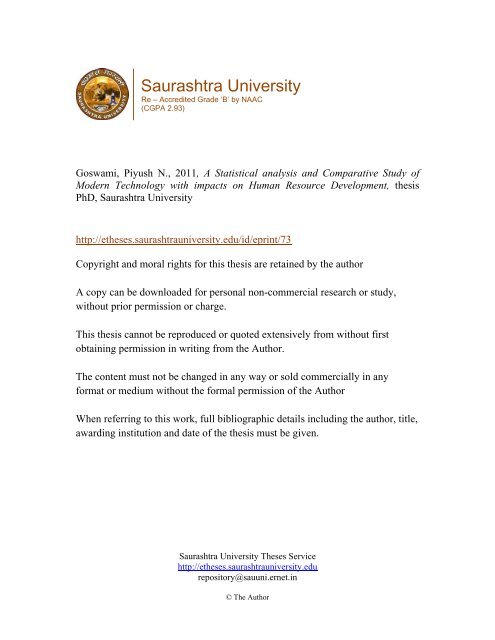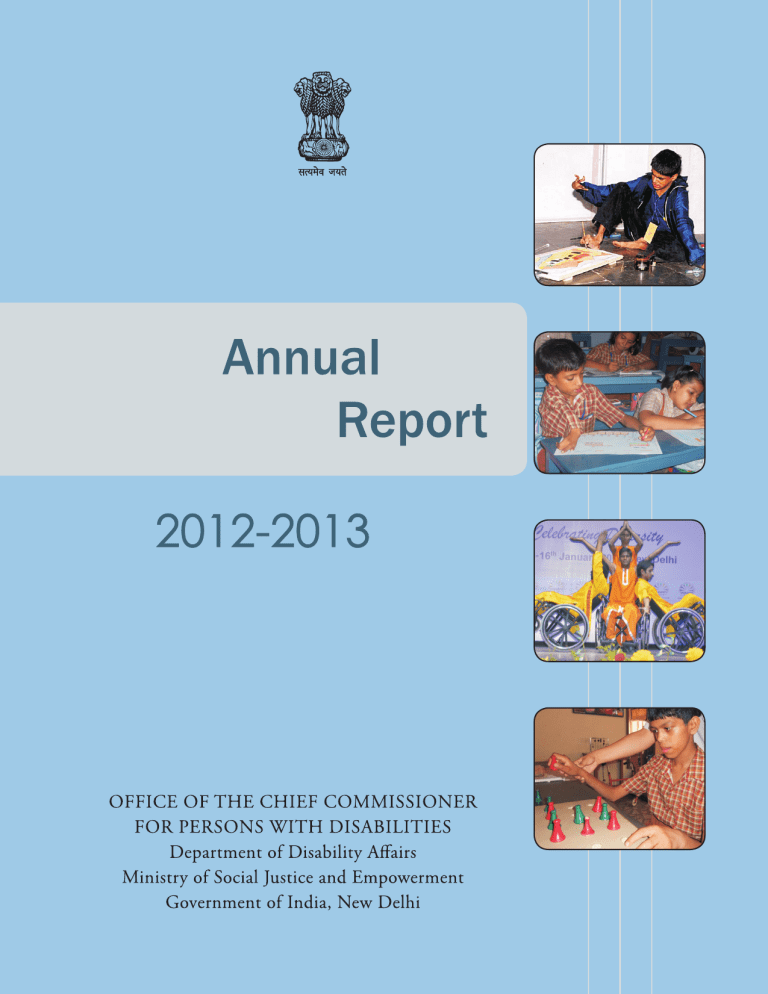

The small British force present promptly surrenders.
 June 9 – Falklands Crisis (1770): Some 1,600 Spanish marines, sent by the Spanish governor of Buenos Aires in five frigates, seize Port Egmont in the Falkland Islands. The 7.5 M w Port-au-Prince earthquake affects the French colony of Saint-Domingue with a maximum Mercalli intensity of X ( Extreme), killing 250 or more. Gaspar de Portolà and Father Junípero Serra establish Monterey, the presidio of Alta California territory for Spain from 1777– 1822, United Mexican States 1824– 1846, until the California Republic. May 20 – A stampede, at a celebration of the newly wedded Marie Antoinette and Louis-Auguste in Paris, kills more than a hundred people. May 16 – Marie Antoinette marries Louis-Auguste (who later becomes King Louis XVI of France). May 7 – Fourteen-year-old Marie Antoinette arrives at the French court. Because the young botanist on board the ship, Joseph Banks, discovers 30,000 specimens of plant life in the area, 1,600 of them unknown to European science, Cook names the place Botany Bay on May 7. April 29 – First voyage of James Cook: Captain Cook drops anchor on HMS Endeavour in a wide bay, about 16 km (10 mi) south of the present city of Sydney, Australia. April 20 – Battle of Aspindza: Georgian king Erekle II defeats the Ottoman forces, despite being abandoned by an ally, Russian General Totleben. Land was sighted at Point Hicks, and named after Lieutenant Hicks who first observed landform at 6am. April 18 ( April 19 by Cook's log) 18:00 – First voyage of James Cook: English explorer Captain James Cook and his crew become the first recorded Europeans to encounter the eastern coastline of the Australian continent. The American colonists, in turn, stopped their embargo on British imports. April 12 – The Townshend Acts were repealed by Britain's Parliament by the efforts of Prime Minister Frederick North, with the exception of the increased duties on imported tea. March 26 – First voyage of James Cook: English explorer Captain James Cook and his crew aboard HMS Endeavour complete the circumnavigation of New Zealand. March 21 – King Prithvi Narayan Shah shifts to the newly constructed Basantapur Palace in the capital Kathmandu as the first King of Unified Kingdom of Nepal. March 5 – Boston Massacre: Eleven American men are shot (five fatally) by British troops, in an event that helps start the American Revolutionary War five years later. The funeral sets off anti-British protests that lead to the massacre days later.
June 9 – Falklands Crisis (1770): Some 1,600 Spanish marines, sent by the Spanish governor of Buenos Aires in five frigates, seize Port Egmont in the Falkland Islands. The 7.5 M w Port-au-Prince earthquake affects the French colony of Saint-Domingue with a maximum Mercalli intensity of X ( Extreme), killing 250 or more. Gaspar de Portolà and Father Junípero Serra establish Monterey, the presidio of Alta California territory for Spain from 1777– 1822, United Mexican States 1824– 1846, until the California Republic. May 20 – A stampede, at a celebration of the newly wedded Marie Antoinette and Louis-Auguste in Paris, kills more than a hundred people. May 16 – Marie Antoinette marries Louis-Auguste (who later becomes King Louis XVI of France). May 7 – Fourteen-year-old Marie Antoinette arrives at the French court. Because the young botanist on board the ship, Joseph Banks, discovers 30,000 specimens of plant life in the area, 1,600 of them unknown to European science, Cook names the place Botany Bay on May 7. April 29 – First voyage of James Cook: Captain Cook drops anchor on HMS Endeavour in a wide bay, about 16 km (10 mi) south of the present city of Sydney, Australia. April 20 – Battle of Aspindza: Georgian king Erekle II defeats the Ottoman forces, despite being abandoned by an ally, Russian General Totleben. Land was sighted at Point Hicks, and named after Lieutenant Hicks who first observed landform at 6am. April 18 ( April 19 by Cook's log) 18:00 – First voyage of James Cook: English explorer Captain James Cook and his crew become the first recorded Europeans to encounter the eastern coastline of the Australian continent. The American colonists, in turn, stopped their embargo on British imports. April 12 – The Townshend Acts were repealed by Britain's Parliament by the efforts of Prime Minister Frederick North, with the exception of the increased duties on imported tea. March 26 – First voyage of James Cook: English explorer Captain James Cook and his crew aboard HMS Endeavour complete the circumnavigation of New Zealand. March 21 – King Prithvi Narayan Shah shifts to the newly constructed Basantapur Palace in the capital Kathmandu as the first King of Unified Kingdom of Nepal. March 5 – Boston Massacre: Eleven American men are shot (five fatally) by British troops, in an event that helps start the American Revolutionary War five years later. The funeral sets off anti-British protests that lead to the massacre days later. 

February 22 – Christopher Seider, an 11-year-old boy in Boston at the British Province of Massachusetts Bay, is shot and killed by a colonial official, Ebenezer Richardson.February 14 – Scottish explorer James Bruce arrives at Gondar, capital of Abyssinia (now Ethiopia) and is received by the Emperor Tekle Haymanot II and Ras Mikael Sehul.February 1 – Thomas Jefferson's home at Shadwell, Virginia is destroyed by fire, along with most of his books.January 1 – The foundation of Fort George, Bombay is laid by Colonel Keating, principal engineer, on the site of the former Dongri Fort.Studies on chemistry and politics deepen to forge the Age of Reason for centuries to come. Deepened philosophical studies led to the publication of works such as Adam Smith's " The Wealth of Nations", whose concepts influence much of modern socio-economic thought, and sowed the seeds to the global incumbent neoliberal world order. New lands south of the Equator were discovered and settled by Europeans like James Cook, expanding the horizons of a New World to new reaches such as Australia and French Polynesia.
#Traffic manager president edition download 1.10.5 full
A period full of discoveries, breakthroughs happened in all walks of life, as what emerged at this period brought life to most innovations we know today.įrom nations such as the United States, birthed through hardships such as the American Revolutionary War and altercations akin to the Boston Tea Party, spheres of influence such as the Russian Empire's sphere from its victorious Crimean claims at the Russo-Turkish War, the Industrial Revolution, and populism, their influence remains omnipresent to this day. The 1770s (pronounced "seventeen-seventies") was a decade of the Gregorian calendar that began on January 1, 1770, and ended on December 31, 1779.








 0 kommentar(er)
0 kommentar(er)
